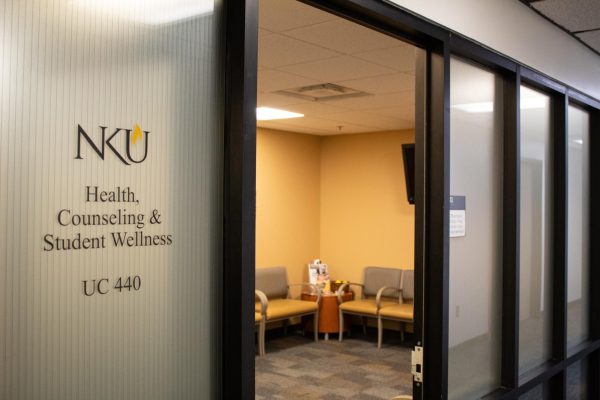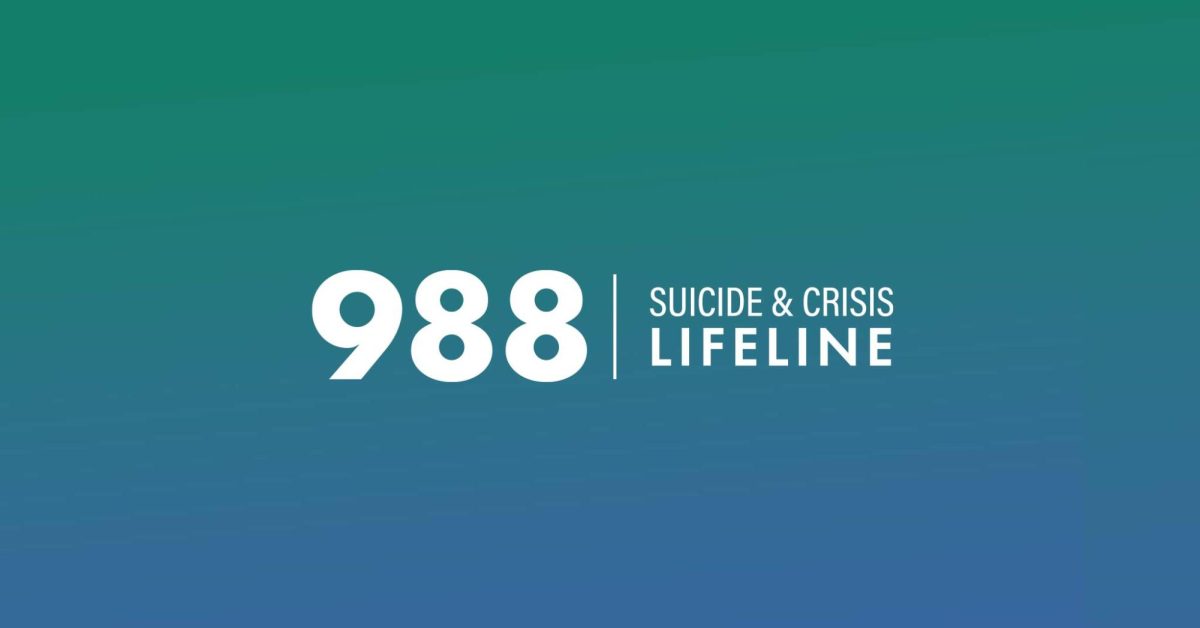September is National Suicide Prevention Awareness Month, a time to focus our attention on the reality of suicide and remind students that support is within reach. For college students at Northern Kentucky University, the fall semester often comes with added pressure. With midterms creeping closer, the days getting shorter, and the stress of balancing work, school, and life, stress levels are higher than ever.
Suicide is the second leading cause of death among college students in the U.S. More than 1,100 students die by suicide every year, and an estimated 24,000 attempt it. While recent surveys show the number of students seriously considering suicide has dropped from 15% in 2022 to 11% in 2025, the issue remains serious.
Amy Clark, director of NKU Counseling Services, said many students hesitate to use counseling because they don’t think their struggles “count” as serious enough.
“You do not have to have a severe mental health disorder to seek out counseling. Counseling can benefit every person. Sometimes it’s really nice to have an unbiased person just to process with and work toward a healthier way of living,” Clark said.
NKU students can use 10 free counseling sessions each year, and walk-in crisis support is available during business hours. The center also offers group sessions, wellness programs, and peer support through TogetherAll, an anonymous online community.

Outside of campus, students can call 988, the Suicide & Crisis Lifeline, any time of day or night. The hotline is free, confidential, and not just for emergencies.
“People think if they call 988, the police are automatically going to be involved. That’s not true,” said Phillip Parrott, director of Northern Kentucky’s 988 Lifeline. “It’s anonymous. You can call just to talk if you’re having a bad day, feeling lonely, or overwhelmed.”
The hotline also connects people with specific resources if they identify as part of a minority group or the LGBTQ+ community.
“We don’t discriminate, 988 is for everybody,” Parrott said.
For LGBTQ+ callers, staff often direct them to Mental Health America, The Pier, The Arc, and other local support programs. For Latinx communities, 988 partners with Catholic Charities agencies like La Casa to make sure they can get the help they need.
Parrott said the three most common reasons people call are relationship problems, emotional and mental health struggles and suicidal thoughts. 988 counselors work with callers to create safety plans and connect them to resources.
Students deal with a lot while navigating college: pressure to succeed academically, feelings of depression or anxiety, discrimination or substance use can all increase suicidal thoughts. Surveys show around 35% of students struggle with anxiety, 25% with depression and one in five with substance use disorders.
Some warning signs to look out for include talking about wanting to die, pulling away from friends, sudden mood changes or increased drinking or drug use. If someone you know seems at risk, call 988 or reach out to another trusted adult to help.
Students and staff can learn more about how to recognize these warning signs by signing up for QPR (Question, Persuade, Refer) training, which teaches people how to recognize and respond to suicide warning signs.
Even with the challenges, there is hope. Fewer students nationally are reporting suicidal thoughts compared to previous years, and NKU continues to expand mental health resources.
“Our passion at the Counseling Center is to provide a safe, warm space for students to show up in their most authentic way,” Clark said. “There’s no shame in reaching out.”
Parrott agreed, saying,
“At the end of the day, we want the caller to be safe, for them and their families. We’re here for anyone, anytime,” he said.
As we move through this semester, NKU students should know that no one has to go through hard times alone. Whether it’s stopping by the Counseling Center or calling 988, support is always within reach.


